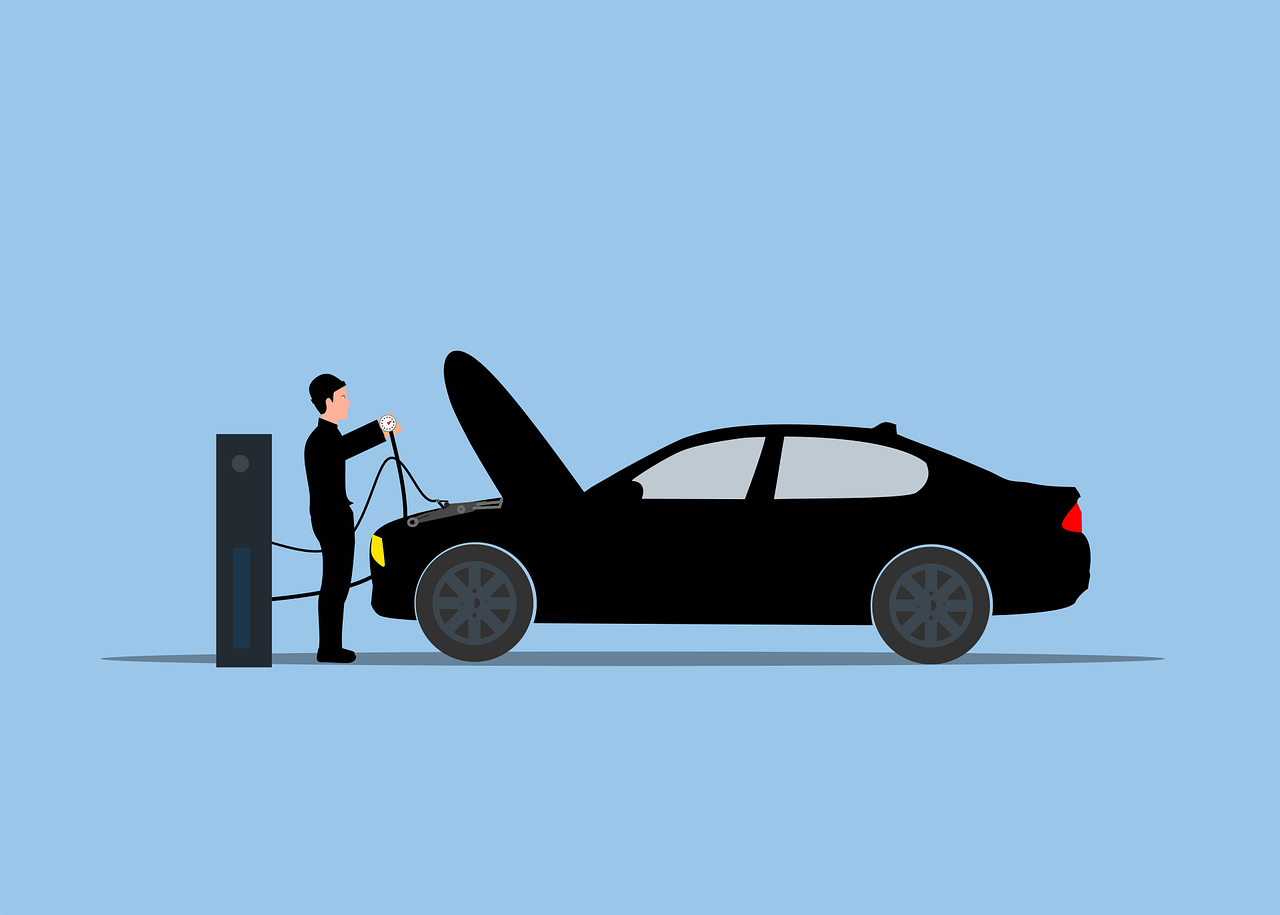Is Car Insurance A Utility Bill? For most of us, car insurance is something we know we need, but do we truly appreciate its place in our financial ecosystem? Whether car insurance can be likened to a utility bill is not just an academic distinction; it could significantly affect how we manage our budgets and the importance we attach to coverage in our daily lives.
This post intends to unravel the complex relationship between car insurance and utility bills to give car owners a fresh perspective on their routine financial obligations.
Understanding the Role of Car Insurance in Daily Lives
Car insurance is often viewed through the lens of emergencies and rare events, such as accidents or vehicle theft. Yet, it plays a more consistent and crucial role in our finances.
It’s a monthly, quarterly, or annual expense that we rely on to protect our assets and ensure our mobility. But is it truly comparable to a utility bill?
Defining Car Insurance as a Utility Bill
The traditional notion of a utility bill encompasses recurring expenses for services like electricity, water, and gas. They’re deemed essential because they provide continuous and necessary benefits to our daily lives.
Is Car Insurance A Utility Bill? Depends, Car insurance may meet these criteria, offering ongoing security and, in the case of liability coverage, fulfilling legal obligations in most places.
But while utility bills are typically fixed costs, car insurance premiums can fluctuate based on factors like driving record, vehicle model, and insurance provider. This difference highlights the unique nature of car insurance as a financial product.
The Intersection of Car Insurance and Utility Bill
To make you understand as to how Is Car Insurance A Bill? We have laid out difference between as to why not. Despite not fitting neatly into the traditional definition of a utility bill, car insurance does share some similarities with these recurring expenses.
For instance, both are crucial to maintaining our daily lives and can have severe consequences if left unattended – a utility bill leads to service interruption, while car insurance may result in legal repercussions or financial loss in the event of an accident.
Moreover, like a utility bill affected by energy consumption and tariff rates, car insurance premiums are impacted by individual circumstances and market conditions. Ultimately, both are important financial obligations requiring regular attention and budgeting.
So, is car insurance a utility bill? While car insurance may not fit squarely into the definition of a utility bill, it plays an essential role in our daily lives and shares some commonalities with these recurring expenses.
As responsible car owners, we must prioritize our utility bills and car insurance premiums to ensure the smooth functioning of our finances. And just like how we strive to reduce our monthly utility bills, we can also work towards securing lower car insurance premiums by being diligent drivers and comparing quotes from different providers.
Can I Claim Car Insurance As A Utility Bill?
One question that may come to mind when discussing car insurance as a utility bill is whether it can be claimed as such.

The answer may vary depending on individual circumstances and tax laws in different regions, but car insurance premiums are generally not considered a deductible utility expense for personal vehicles. However, use your vehicle for business purposes or have a home-based business that requires a personal car. You can claim a portion of your car insurance premiums as a business expense on your taxes. It’s always best to consult with a tax professional for specific advice.
The Necessity of Car Insurance: Legal and Financial Protection
Car insurance isn’t just something you’re ‘supposed’ to have. It’s often legally mandatory to drive on public roads. However, the legal compulsion aside, it safeguards you against a range of unexpected financial obligations.
In the event of an accident, it could mean saving not just your car but also your savings and potentially your home. Consider this: the average cost of a car accident in the US is $10,000, and the average liability claim for property damage is over $3,000. Without insurance coverage, these expenses could spiral out of control and jeopardize financial stability.
Comparing Car Insurance with Other Utility Bills
Electricity, water, and gas are essential for daily living, just as car insurance is for many people. However, the parallel needs to be perfectly aligned. Utility services are consumed directly, while car insurance is more like a safety net—its value isn’t realized daily but when we need it most.
Practical Tips for Managing Car Insurance as a Utility Bill
Thinking of car insurance as a utility bill can be a game-changer in personal finance. Here, we’ll explore how to manage your car insurance more responsibly by applying the same budgeting and financial tracking habits you would to your other recurring bills.
- Set up automatic payments to ensure you never miss a premium, similar to your other utilities.
- Regularly shop around to find the best deals, as you would with energy providers. Loyalty only sometimes pays when it comes to insurance.
- Consider bundling; just like you combine services for discounts with your utilities, you can often get a break by having multiple policies with the same provider.
Future of Car Insurance: Technological Advancements and Personalization
The landscape of the car insurance industry is rapidly changing with the advent of technology. Telematics and artificial intelligence have paved the way for more personalized and usage-based policies. The future of car insurance could be one where it is billed and managed more akin to a utility, with a model similar to pay-as-you-go energy usage.
Frequently Asked Questions
Here are some of the frequently asked questions related to the article Is car insurance a Utility Bill:
Q: Does treating car insurance as a utility bill mean I should expect yearly rates to increase like my other utilities?
A: The comparison helps you understand the predictability of the expense, but rates are often affected by individual and market-related factors and shouldn’t necessarily be expected to mirror other utilities.
Q: Can I apply for financial assistance to pay for my car insurance, as I would for my other bills?
A: In some specific circumstances, assistance programs may be available, particularly where the ability to drive is deemed a crucial aspect of maintaining employment or well-being.
Q: Should I explore insurance plans that offer usage-based billing, like paying based on the distance I drive or the conditions in which I drive?
A: Absolutely! This is an emergent area of car insurance, making it much more akin to a utility bill, where you pay for what you use rather than a blanket amount.
Q: What about self-driving cars or other shared mobility options—how will those affect my payments and perspective on car insurance as related to utility bills?
A: The evolution of car insurance in a future that includes these innovations is still being determined, but we could see a shift from individual liability policies to ones that operators or manufacturers hold.
Q: How should I prioritize my car insurance over my other utility bills in an economic downturn or personal financial constraint?
A: Car insurance is crucial, but immediate human needs like shelter and food must always take precedence. If finances are tight, consider discussing alternate payment schedules or temporary reductions in coverage with your insurer.
Conclusion
Is Car Insurance A Utility Bill? Car insurance is a unique financial tool. It invests in your safety, security, legal obligation, and financial protection. By treating car insurance as more than a passive cost and potentially a utility bill, you can make more informed decisions about the coverage you need and ensure it fits into your broader financial planning.
It may not provide the instant gratification of turning on a light switch, but its benefits are profound when needed. As you examine your monthly bills, consider what truly makes a utility—necessary services that enhance your life or those that safeguard your very ability to live it.



